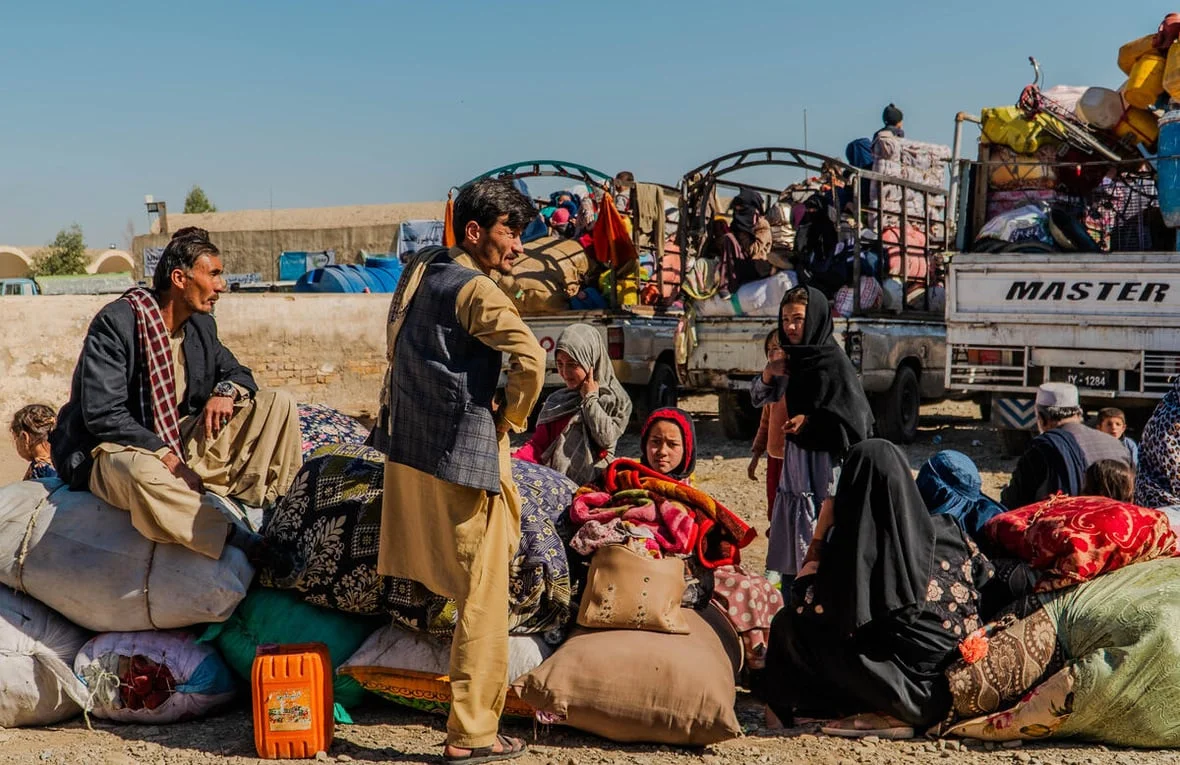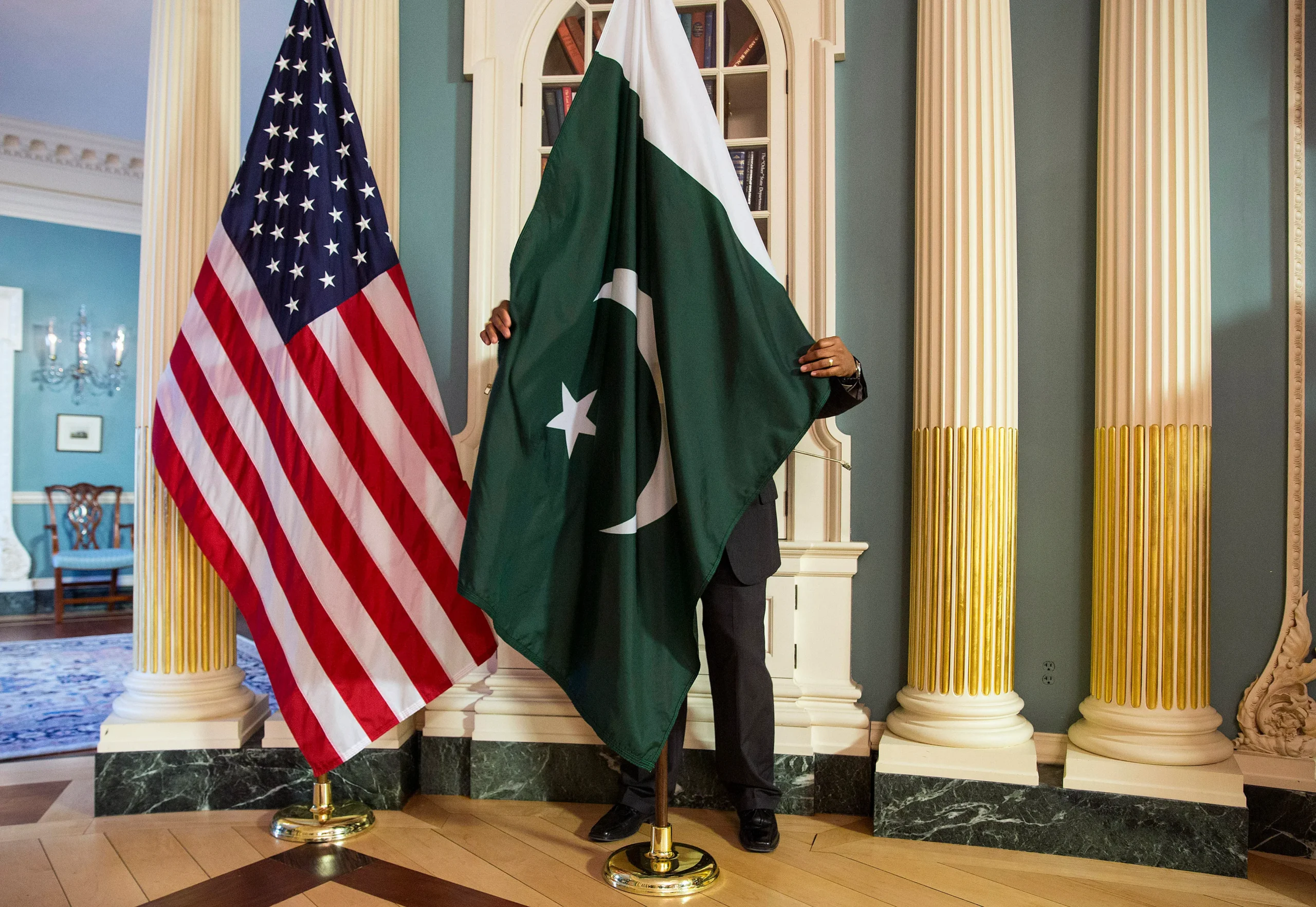A recent report by CBRE (the world\’s largest commercial real estate service) finds that the Indian data center market across Mumbai, Chennai, Bangalore, Kolkata, Hyderabad, Pune, and the National Capital Region are expected to experience a 40% data supply increase this year. Presently, the Mumbai data center has 41% data capacity filled, while the Bangalore and Delhi centers are next most-occupied at 17% and 16%, respectively.
Data centers are simply centralized locations where computing and networking equipment is concentrated to collect, store, processing, distributing, or allowing access to large amounts of data. They have existed in one form or another since the advent of computers.
This spike in the demand for data centers in India was experienced due to the lockdown effects of the coronavirus pandemic in the country; as more and more people took part in a multitude of digital services like online gaming, video streaming, virtual classrooms, and meetings.
The Indian regulatory environment is expected to support these ventures in an attempt to aid the process, according to Anshuman Magazine, CBRE’s Chairman & CEO – India, South East Asia, Middle East & Africa. “Policy impetus such as the National E-commerce Policy, Personal Data Protection Bill, proposed policy on Data Centre Parks and digital initiatives by the government will accelerate demand.” Said Mr. Anshuman.
Being one of the only sectors who has benefited from the pandemic, he said “The COVID-19 situation will further propel the next wave of growth in the sector and most importantly, the proposal to give DCs the coveted ‘Infrastructure status’ will place them high on global investor radar.” The pandemic could encourage businesses to invest in cloud and hybrid IT technology, with more corporations moving online and more corporate workers working from home than ever before.
There are at least ten data center developments scheduled to be operating between June 2020 and December 2022. Market research from Arizton shows that the data center sector in India will grow at a compound annual growth rate ( CAGR) of around 5% between now and 2025.






